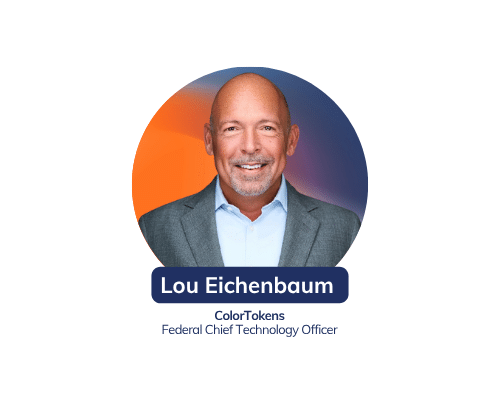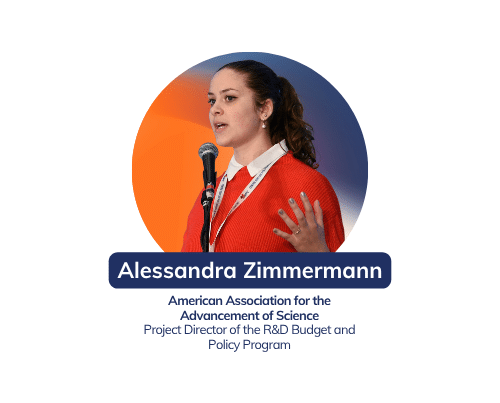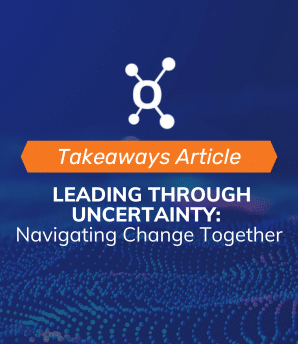I spoke with John Bunch about his career in Tribal gaming and his transition to Zona Verde, helping Tribal Nations with sustainable and resilient housing. John’s unique perspective showcases a different angle on Tribal relations and the opportunities that exist in the space.
Can you tell me about your career path that has led you to where you are now?
I’ve been working in Indian country for about 27 years. I started working in different Tribal and IT roles with the Citizen Potawatomi nation. That led me and a group of guys to get together and start our own IT and software business. We created one of the first Class 2 and Class 3 casino management systems for Indian country, which got me into gaming. I did that for a good number of years and took the company public, about a year after that I cashed out and started doing some consulting and built a company for the owner of Four Queens and Binions. During that consulting gig I had a buddy of mine who kept bugging me about starting our own Class 2 slot company – I kept telling him “No”. One day, he finally convinced me. We started our own slot company in the beginning of 2016 and made a game for Indian motorcycles. During that path, I watched our Tribal organizations grow, ones that back in the day were trailer houses. I am a member of the Cherokee Nation and got to watch everything grow and people growing together in the Tribal gaming industry, but after 25 years I’d had enough. I also had children, so I wanted to focus more on them. One of my best friends for about 30 years started a company called Zona Verde, which has a mission of providing truly high quality, affordable housing. Not only that, but it’s also super green and energy efficient. Over the past couple years, I’ve been doing that and learning a lot. For my whole life it’s been gaming, gaming, software, and gaming. Now I really feel that Indian country has given me a lot; throughout the years, I’ve been blessed. With what I do now, I feel that I can be a blessing back to Indian country. Every aspect and job have advantages in giving back, but this is really giving back. Whether you’re in Indian country or rural towns anywhere, but especially in America, housing is a problem. Especially affordable housing, and beautiful affordable housing.
How did you become passionate about the intersection of tech, government, and tribal communities, and how do you stay informed and engaged in those areas?
The passion comes from being Native. There are tribes all over the U.S., but Oklahoma is Indian country, it really is. We have 39 recognized tribes in this state. You understand it when you grow up here and you feel the need, coming from very humble beginnings. Through our tribes and our tribal enterprises, there are ways to take a step up and make something more of ourselves. When you go down that path, you open opportunities. It made me want to help and work with younger generations to help them understand there’s a different path you can take. There’s hope, opportunity, and I want to educate them on where to find it. I’m also honored to be on the American Indian Chamber of Commerce State Board where we get to bring all kinds of companies together and teach them how to work in Indian country. I love my people, my state, and all our different Tribes in what we not only provide for our Tribes and Tribal members, but also our communities that exist around our Tribes. We started in Oklahoma – but now we’re starting to expand to other states. Our houses are extremely unique, there’s nothing like them in the U.S. They’re made of galvanized steel and flame-resistant foam; we can have one built in 30 days or less. It can take up to an F-3 tornado and not move. They’re so tight and insulated, the A/C only kicks on about 3 times per day even in extreme heat. A lot of affordable housing is built, but they look horrible in a year. We want to make sure these houses stay beautiful, so we don’t paint them, we power coat them. For the interior items, we’re partnered with Home Depot and get higher end items through our partnership. Not only do we have these houses, but economic development. Wherever we go, we want to train different Tribes how to build our houses so they can build them on their own. A big thing in any country is sovereignty, and we want to keep our sovereignty. To do that, we need to make more and more industries of our own and be able to do them internally. You know there’s a housing crisis, it’s on the news, but until you really get into it you don’t know the severity of it. It blew my mind.
What do you believe sets Tribal Government Relations apart as a unique work environment, and how do you navigate its challenges in your everyday work?
That’s the key word: unique. Every Tribal government is unique, there are some similarities and common ground, but everyone has a little bit different way of doing things. The way I’ve navigated it is through years of trial and error. In the school of hard knocks, you learn a lot of things – I’m still learning. It never ends, but you find key elements and key people and that leads you to nuances within each organization. They are living, breathing entities. Every tribe is a different nation. There are small tribes, medium tribes, and large tribes. Each group there has a different set of challenges and ways to navigate things. Sometimes people think it’s easier to do business with smaller organizations, but it’s not. Sometimes it’s easier to do business with the mid and larger-sized ones because they have more of a process in place. For example, you want to sell us hand sanitizer, you do these things and now you’re a vendor. A lot of times in smaller tribes, it’s so small that a lot of people get discouraged and don’t do business with them. I enjoy all the challenges, but I love working with all the smaller tribes. You get to know the people better and navigating those challenges is case-by-case, but over the years I’ve learned some key areas to focus on and go from there.
Describe a challenging or rewarding project that significantly influenced your growth as a professional. How did you handle the challenge, and what did you learn from the experience?
Back in the day, in the first gaming company where we were developing a casino management system. We installed it in a couple of smaller casinos and a big learning process was installing it in a very large casino. You think: rinse, wash, repeat? No. There were a lot of things we learned from that with time management and maturing. We were very young. The first time we did business outside of the United States, the first place we took it was Mexico down in Guadalajara which was great. I got to spend a good 6-8 months there. Moving into an international environment – that was an education. From there I got to go to other places in Africa, Italy, and London. Being a boy from Oklahoma, that was an education in how other places did business. Even when I started to work in commercial business in Las Vegas, it’s totally different than Indian country. All the things I thought I knew didn’t apply there. It helped me sit back, listen to people who were smarter than me, and learn. Ask questions, then shut up and listen.
What advice would you give to someone navigating how to bridge the gap between traditional practices and modern governance structures?
You want to be very humble. Be confident and educated, but humble. Learn about who you’re doing business with and gather as much intel as possible. My mentor used to say, if there’s old dogs that have been in the industry, call upon them to confer with and learn from. Go in with truly wanting to help and be honest. To a fault, almost. Always under promise and over deliver. You do that in any industry, but in Indian country the only thing you have is your reputation. If you say you’re going to do something, you better do it. In moments you fail with dishonesty, everyone knows. My grandfather always used to say, all you have is your word and your name. Your word better be good so your name can be good. No matter if you’re a Native business or non-Native business, Indian Country is a beautiful place to work, they are beautiful people to work with and together we can make our country better.
Word Association, what is the first word that comes to mind for each of there?
- Policy – Standard and something you must have.
- Networking – One of the most important things in the world. People buy from people, not companies.
- Communications – Absolutely crucial, imperative.
- Leadership Connect – Conferring together with leaders to build greater knowledge.






